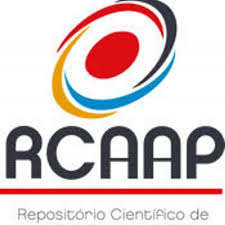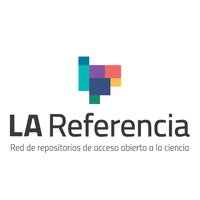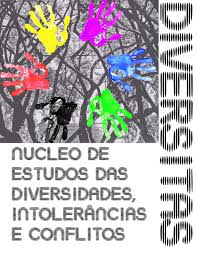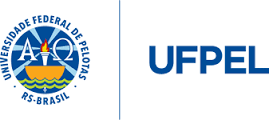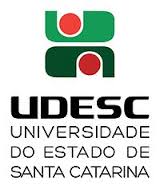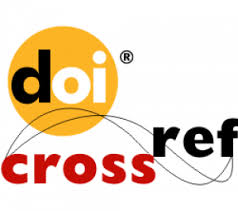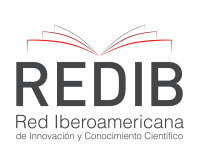Insumos para o aperfeiçoamento dos mecanismos de controle e promoção da integridade pública nos governos federais do Brasil e Canadá.
Resumo
Os esforços governamentais para o combate à infração disciplinar envolvendo servidores públicos é objeto de atenção das administrações públicas em âmbito mundial. Trata-se igualmente de um dos mais contemporâneos temas de estudo entre diversos segmentos das ciências sociais. No Brasil e no Canadá, o interesse pelo assunto reflete o estágio atual da administração pública, que se manifesta cada vez mais preocupada com a eficiência, eficácia e integridade de seus servidores frente aos novos desafios gerenciais e à crescente demanda da sociedade quanto à necessária transparência das ações governamentais e ao bom desempenho dos servidores públicos. Sobre o tema, diversos progressos foram registrados nos últimos anos, podendo-se citar como exemplos o fortalecimento dos órgãos setoriais de controle interno e a consolidação de sistemas de correição vinculando diversos órgãos da administração pública, bem como a introdução e fortalecimento de iniciativas preventivas e a reformulação da legislação. Nesse contexto, o objetivo do presente estudo é fazer uma abordagem crítica e comparativa sobre como o Brasil e o Canadá atuam para promover a integridade de seus servidores públicos e como as iniciativas de cada nação podem ser combinadas de modo a propiciar melhorias nos sistemas de gestão da integridade em ambos os países. O trabalho é resultado de um estudo realizado entre os anos de 2006 e 2007, fundamentado em dados coletados no Brasil e no Canadá. Trata-se de uma pesquisa qualitativa, na qual se buscou estudar um fenômeno complexo e sistematizar conhecimentos adquiridos no curso do trabalho.
Abstract: The efforts turned to deal with the wrongdoing practices involving public servants have been source of concern in global scale and figures out as one of the most contemporaneous research subject in the social sciences. In Brazil and in Canada the interest about the subject reflects the current trends in the Public Administration that try to improve its efficiency and efficacy of its employees and, at the same time, answer the increase awareness of the citizens. In the last years many progress about the subject has been observed. Some examples are the strengthening of internal control mechanisms, the arising of national system of integrity promotion and the introduction of measures concerning preventive initiatives and the reform of the legal framework. Into this context, the objective of the present paper is to make a critical and comparative approach about how Brazil and Canada promote the integrity of their public servants and how the successful initiatives can be combined to allow improvements in the integrity system of both countries. In the present paper the competencies and limitations of each country in dealing with the wrongdoing practices are confronted aiming as ultimate objective to contribute to the integrity management.
Abstract: The efforts turned to deal with the wrongdoing practices involving public servants have been source of concern in global scale and figures out as one of the most contemporaneous research subject in the social sciences. In Brazil and in Canada the interest about the subject reflects the current trends in the Public Administration that try to improve its efficiency and efficacy of its employees and, at the same time, answer the increase awareness of the citizens. In the last years many progress about the subject has been observed. Some examples are the strengthening of internal control mechanisms, the arising of national system of integrity promotion and the introduction of measures concerning preventive initiatives and the reform of the legal framework. Into this context, the objective of the present paper is to make a critical and comparative approach about how Brazil and Canada promote the integrity of their public servants and how the successful initiatives can be combined to allow improvements in the integrity system of both countries. In the present paper the competencies and limitations of each country in dealing with the wrongdoing practices are confronted aiming as ultimate objective to contribute to the integrity management.
Texto completo:
PDFApontamentos
- Não há apontamentos.
ISSN eletrônico: 1984-5677
ISSN impresso: 1519-0994






